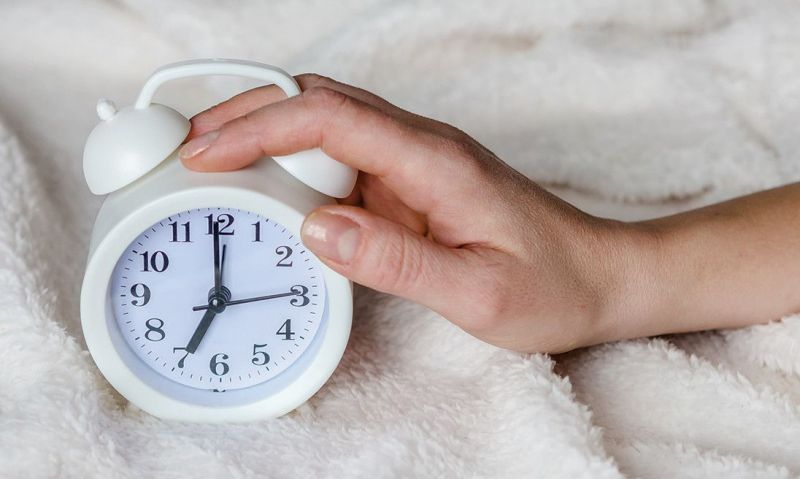
Five ways to improve sleep.
Americans are in a sleep crisis.
According to the Centers for Disease Control and Prevention, 70% of Americans say they don’t sleep well, and about 1 in 3 report not getting enough rest or sleep daily. Nearly 40% accidentally fall asleep during the day at least once a month.
Prolonged sleep deprivation and poor sleep quality can lead to serious health consequences. Proper sleep helps the body heal and repair itself, and regulates mood and brain function, while limiting the risk of a number of medical conditions.
The importance of REM. There are two types of sleep: REM (rapid eye movement) sleep, when the brain is more active and we dream more, and non-REM sleep, when our brain slows down. During REM, your eyes dart back and forth under your lids. REM is important because it stimulates areas of the brain that aid in learning, processing and consolidating new information, and long-term memory retention.
Poor REM sleep hinders mental cognition and mood regulation, diminishing daily work performance and overall quality of life.
Tips to improve sleep
Sleep hygiene. This refers to habits, behaviors and an environment that promotes uninterrupted sleep. Your bedroom should be dark, quiet and cool (ideally 65 to 68 degrees). If you’re not in a quiet or dark place, invest in soft earplugs and an eye mask. Reducing blue-light exposure from electronics an hour or longer before bedtime, and swapping out your bedroom light with a red light, can help calm the brain.
Chronic stress. Sleep loss stimulates our sympathetic nervous system, keeping our stress response activated. This leads to an elevation in cortisol levels, which further upsets sleep quality. Consider meditation and breathing exercises before bed, or an epsom-salt bath with lavender to promote relaxation. Experts say continual self-work on reducing chronic stress is key to improved sleep.
Nutrition. Nutrient deficiencies can contribute to insomnia, and uncontrolled glucose levels can have a significant effect on sleep. Poor sleep also leads to reduced insulin sensitivity, leading to poor fat metabolism. Avoid eating two to three hours before bedtime to allow your body to repair during the night.
Vitamins. About 45% of the population is magnesium-deficient. Low magnesium can contribute to tightness, irritability, cramps and stiffness. Sufficient levels of magnesium, iron, and vitamins D, B12 and B6 can drastically improve sleep.
Exercise. Regular exercise helps you fall asleep quicker and improves overall sleep quality. Aerobic exercise has been shown to have similar effects on sleep as sleeping pills. Don’t work out too close to bedtime, though; for many people, this can interfere with how quickly they fall asleep.
Army veteran Jennifer Campbell is a certified personal trainer with a master’s degree in nutrition education. She is past commander of the California American Legion’s 24th District and Hollywood Post 43.
- Magazine

